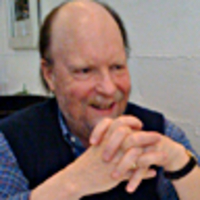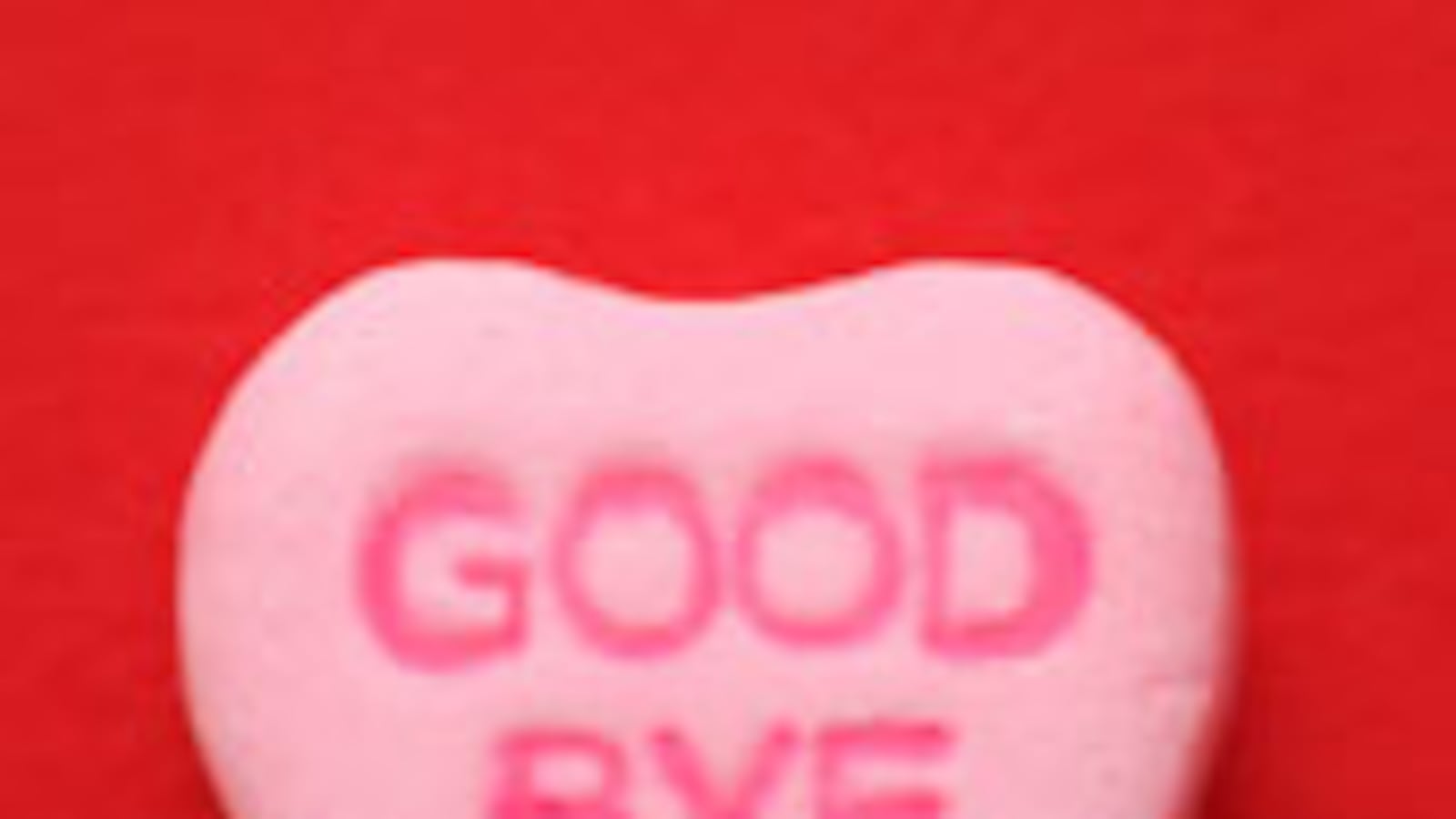
It can come during one of those loud late-night phone calls fueled by booze and bile that leave no insult unspoken. Or it can come in an eerie, quiet apartment with extra underwear and a toothbrush tossed into a shopping bag before walking out and shutting the door one final time. Breakups come in all volumes, degrees of severity, differing locales. But the darn things still hurt like hell, maybe not forever as it first seems, but plenty at the outset and long after that. The end of a romantic dream is a kind of death, its passing seldom marked with a funeral, just ongoing waves of regret or sometimes relief, plus countless instant replays of scenes that should have gone differently, words said or unsaid, along with vows to never make that mistake again and be such a fool for love.
Junot Diaz had his infidelity discovered on the eve of a homecoming to the Dominican Republic with his girlfriend and still went on the trip, with predictable results. “She broke my heart, that girl did, which was a fair trade considering that I’d broken hers first.”
But breakups still march on despite such earnest vows. They remain one life’s great universal experiences as is underscored by an irresistible new anthology— Love Is A Four-Letter Word: True Stories of Breakups, Bad Relationships, and Broken Hearts, edited by Michael Taeckens. These 23 essays by writers and graphic artists depict heartache and headache in full-frontal nakedness, with plenty of love villains skewered, including the authors themselves. Junot Diaz had his recent infidelity discovered on the eve of a first homecoming to the Dominican Republic with his girlfriend and still went on the trip, with predictable results. The 2008 Pulitzer winner admits in the book’s initial essay: “She broke my heart, that girl did, which was a fair trade considering that I’d broken hers first.”
Most of the relationship dust-ups and disasters recounted in Four-Letter Word took place during the authors’ 20s and are viewed years later with bitter humor, sweet revenge or unbridled relief. That so many of the high and low dramas took place at that age came as no surprise to Taeckens, the 39-year-old publicity director for Algonquin Books of Chapel Hill.
“Most of these events took place in their 20s, that time when people think they’ve got the world figured out and when they feel things so passionately and everything is larger than life,” Taeckens relates. “There is also a real sense of emotional maturity of people looking back and being able to make fun of themselves now in situations where they were wounded. . . .And there’s. . .people who completely regret ‘Why did I choose to walk down this path’ and ‘I can’t believe I did this,’ regrets that now have a cathartic feeling. But the book is definitely not a downer filled with sob stories and all doom and gloom. There is a lot of fun and laughter.”

There is Amanda Stern on an ill-fated camping trek in a sodden Northwest forest hell (“the only thing dry on this trip was bourbon”), this city innocent led into the wilderness by America’s most clueless and dictatorial ex-Boy Scout. There is the guy who starts referring to Dave White as “my boyfriend” only eight hours after they meet and have drunken sex, a fellow who turns human Gorilla Glue and leaves White “fascinated by how little of me he needed to sustain the conversation.”
The anthology was inspired by similar relationship whoppers traded by Taeckens and friends in a Durham bar. The amiable St. Louis native—who has a masters in poetry from the famed Iowa Writers Workshop—soon decided to turn his love of anthologies into his first book, an effort taking 18 months. The chance to write about love gone wrong was as enticing as free drinks for most of the writers contacted by Taeckens. But the rookie editor also wanted his collection to present mostly new essays by big-name and rising authors, an equal mix of men and women, plus various sexual orientations.
Jennifer Finney Boylan—author of She’s Not There, the best-selling transgender memoir—contributed one of the most poignant essays with observations like this: “I did love her, though, for a little while anyhow. That was the thing: I still believed, on some fundamental level, that love could cure me. That if I were only loved deeply enough by someone else I could be content enough to stay a man.”
The end of a romantic dream is a kind of death, its passing seldom marked with a funeral, just ongoing waves of regret or sometimes relief.
Even Taeckens—goaded on by his contributors and their “soul-baring”—discarded his resolve and turned author of a bittersweet essay that recounts his awestruck relationship with a charismatic visiting professor from the West Coast, one of those romantic idylls conducted at warp speed but destined for incendiary crash. “Everything had been so perfect,” Taeckens writes, “except that he hated so much about me and cheated on me and left town without saying good-bye and gave me crabs.”
The one question that Taeckens hesitated to ask himself was whether readers want another anthology of writers on this subject or that. Publishing is in the doldrums but anthologies have remained one of its few growth sectors for several years. There are anthologies of writers on summer camp, on miscarriages, on empty nests, on unforgettable meals, on favorite films, on in-laws, on bad girls and much more. Taeckens’ was aware of that so he was relieved by what his contributors delivered. “There is an edge to this anthology,” he says, “that a lot of other anthologies don’t have.”
The concluding essay by Wendy Brenner, the collection’s strongest, proves his point. It is raw, intense, heart-rending—and almost did not get written. Brenner had initially declined Taeckens’ invitation to contribute because she still was in the after-throes of grief over a longtime love’s death only a month before. They had almost gotten married but never did, this older man she had known since high school who always seemed “too dangerous,” “too intense,” “too unknowable.” But his downward spiral and death in a residential hotel propelled Brenner through a painful remembrance of their past, including his letter, soon after they agreed to get married, that asked: “Do you love me? Is this going to be okay—even fun? Are we in a big hurry? I don’t want to burn this thing out. Is it going to end? Please—I have to know.”
Plus: Check out Book Beast, for more news on hot titles and authors and excerpts from the latest books.
John Douglas Marshall is the author of Reconciliation Road , an award-winning memoir, and co-author of Volcano: The Eruption of Mount St. Helens , a New York Times’ bestseller. He was the longtime book critic of the Seattle Post-Intelligencer until it ceased publication in March.





